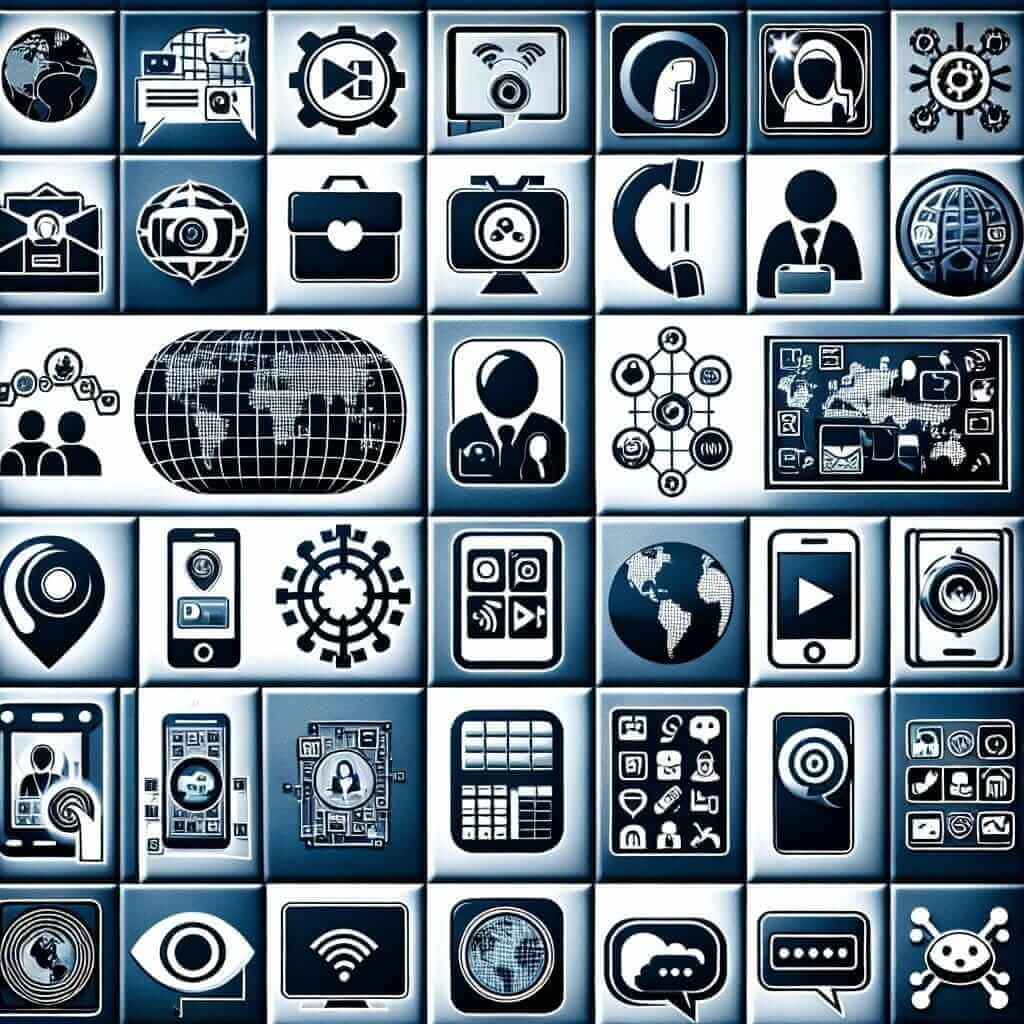As the world becomes increasingly interconnected, digital platforms and global communication have gained significant importance. These platforms include social media networks, messaging apps, and online conferencing tools, all of which facilitate instant and widespread communication. This topic has appeared in various forms on IELTS Writing Task 2 exams, underlining its relevance and future potential as a common essay prompt.
In the past, candidates have encountered topics like the influence of social media on communication, the benefits and downsides of digital communication, and the role of technology in breaking down communication barriers. Based on trends and how digital platforms shape our societal interactions, it is expected that similar topics will continue to appear.
Below, we present a carefully crafted essay question, aligned closely with past IELTS Writing Task 2 topics:
Many people believe that digital platforms have improved global communication. To what extent do you agree or disagree with this statement?
Analyzing the Task
This task requires you to determine whether you agree or disagree with the statement regarding digital platforms’ impact on global communication. This type of question prompts you to present and justify your position clearly, providing examples and logical arguments.
Key Points to Consider:
-
Positive Impact:
- Instantaneous communication across long distances
- Opportunities for cross-cultural exchange
- Enhanced collaboration and learning
-
Negative Impact:
- Spread of misinformation
- Privacy concerns
- Reduced face-to-face interactions
Sample Essay
Many people believe that digital platforms have improved global communication. To what extent do you agree or disagree with this statement?
In recent years, digital platforms have revolutionized the way people communicate, transcending geographical boundaries and cultural divisions. I largely agree that these advancements have significantly improved global communication, although some drawbacks cannot be overlooked.
First and foremost, digital platforms such as social media channels and online conferencing tools have enabled instantaneous communication across vast distances. This immediacy fosters a sense of global interconnectedness, allowing people from different parts of the world to collaborate and share ideas effortlessly. For example, professionals can engage in virtual meetings with colleagues from various countries, enhancing productivity and fostering innovation.
Moreover, digital communication tools promote cross-cultural exchange, which is crucial in today’s globalized society. Platforms like Facebook, Twitter, and Instagram offer a window into diverse cultures and perspectives, helping individuals to build empathy and understanding. This increased cultural awareness can contribute to a more harmonious global community, as people are better equipped to appreciate and respect differences.

However, it is essential to acknowledge the potential downsides associated with digital platforms. The proliferation of fake news and misinformation poses a significant challenge to global communication. With the rapid spread of false information, individuals can be easily misled, resulting in misunderstandings and conflicts. Furthermore, concerns about privacy and data security remain prevalent, as personal information is often vulnerable to breaches.
Another issue worth mentioning is the impact on face-to-face interactions. As people rely increasingly on digital communication, there may be a decline in the quality of personal relationships. In-person interactions offer a level of intimacy and emotional connection that digital platforms cannot replicate. This shift may lead to social isolation and a weaker sense of community.
Despite these drawbacks, the overall benefits of digital platforms on global communication are undeniable. They have democratized access to information and provided tools for rapid, effective communication, essential for progress in various fields, from education to business.
In conclusion, while digital platforms are not without their issues, I believe their positive impact on global communication far outweighs the negatives. As technology continues to advance, it is crucial to address the associated challenges to maximize the benefits of these powerful tools. (327 words)
Key Considerations When Writing
-
Clear Structure: Use a clear and logical structure (introduction, body paragraphs, and conclusion).
-
Balance Your Arguments: While you might lean towards one side, acknowledge the counterarguments to present a balanced view.
-
Lexical Resource: Use topic-related vocabulary to boost your lexical resource score. For example, words like “interconnectedness,” “cross-cultural exchange,” and “proliferation” are relevant in this context.
-
Grammatical Range and Accuracy: Employ a variety of sentence structures, including complex sentences.
Key Vocabulary
- Interconnectedness (noun): /ˌɪntəˌkɒnɛktɪdˈnɛs/ – the state of being connected with each other.
- Proliferation (noun): /prəʊˌlɪfəˈreɪʃ(ə)n/ – rapid increase in numbers.
- Intimacy (noun): /ˈɪntɪməsi/ – close familiarity or friendship.
- Misinformation (noun): /ˌmɪsɪnfərˈmeɪʃən/ – false or incorrect information.
- Privacy (noun): /ˈprɪvəsi/ – the state of being free from public attention.
Conclusion
Digital platforms undeniably play a crucial role in modern global communication. They have a transformative impact, enabling instant and widespread connectivity. Practice similar essay topics to better prepare for the IELTS Writing Task 2 exam:
- The impact of social media on personal relationships.
- The advantages and disadvantages of technology in communication.
- The role of digital privacy in our globalized world.
By understanding and practicing these themes, candidates can approach the exam with greater confidence and proficiency.